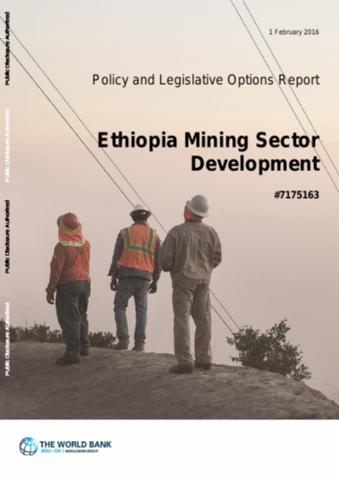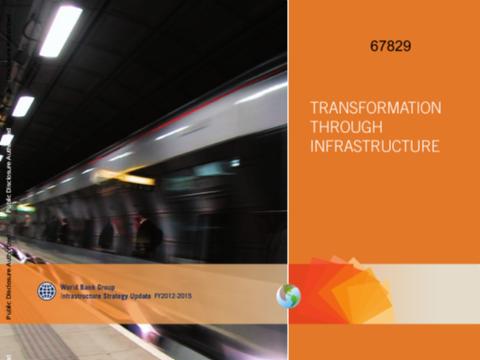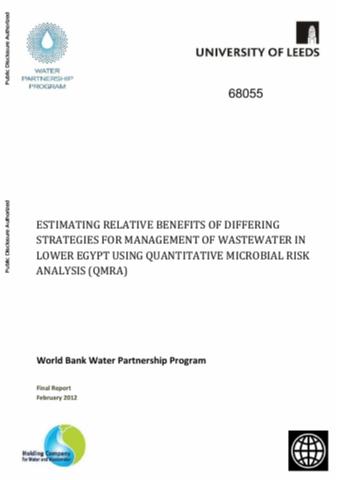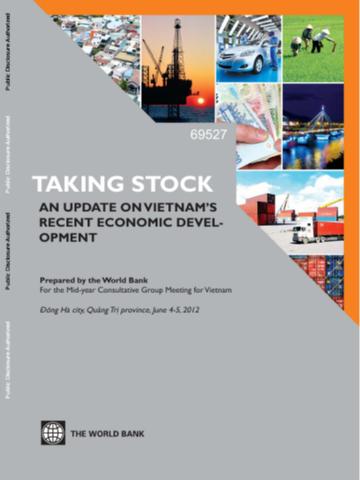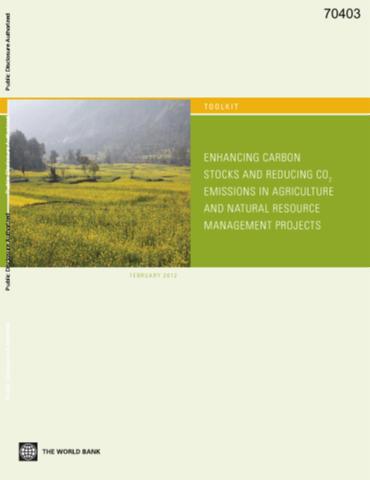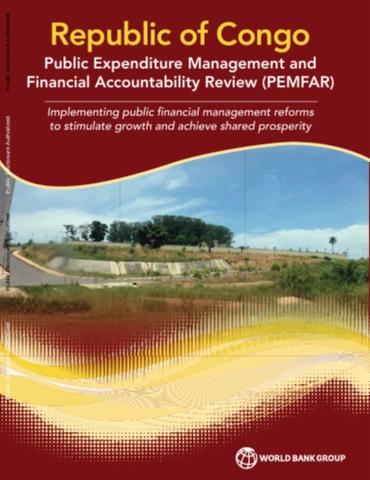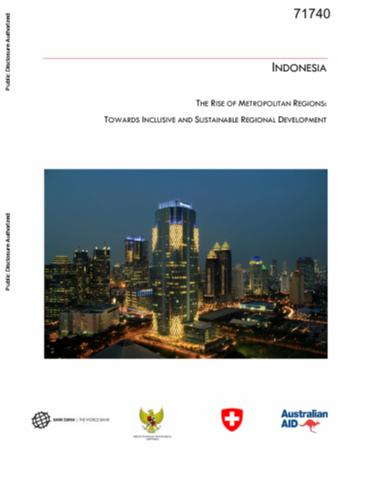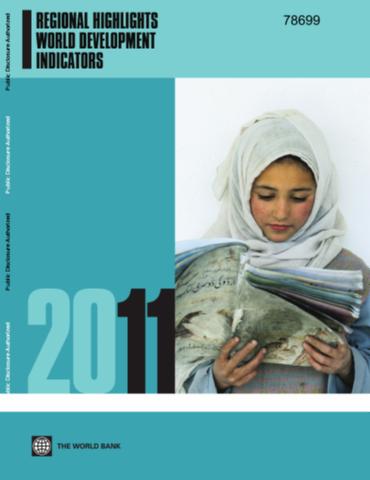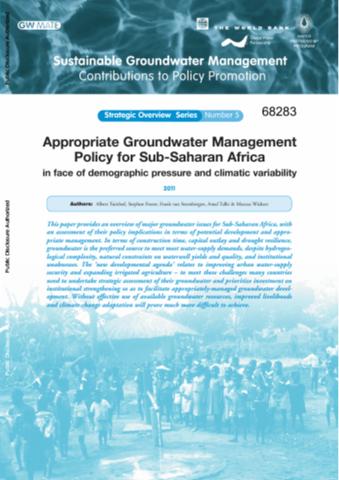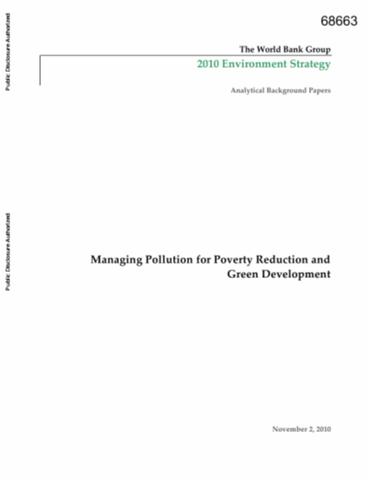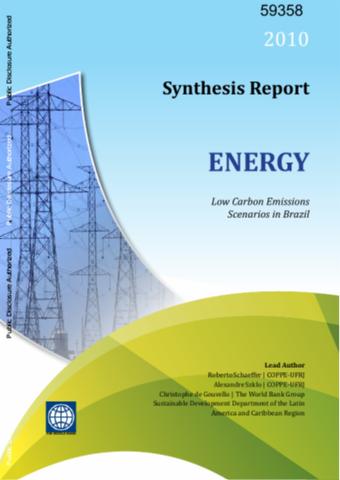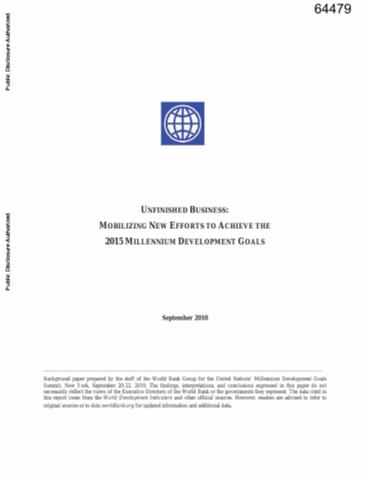Ethiopia Mining Sector Development
Ethiopia has many advantages as a destination for mining investment. These include promising geology, a well-designed fiscal regime, stable government and a growing domestic market. Additionally, it has a well-managed and successful artisanal and small scale mining sector. Under the second phase of Ethiopia’s Growth and Transformation Plan, Ethiopia has the ambitious target for the mining sector to contribute 10% of GDP by 2025. Ethiopia must overcome significant challenges to achieve this target.

